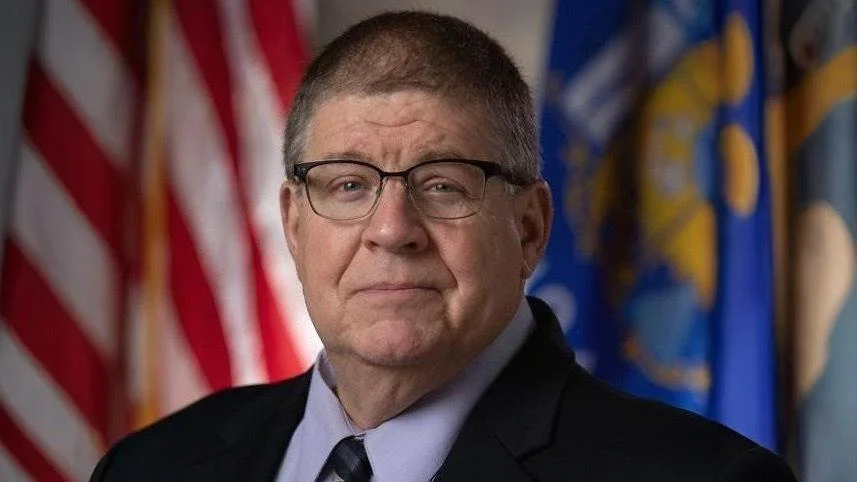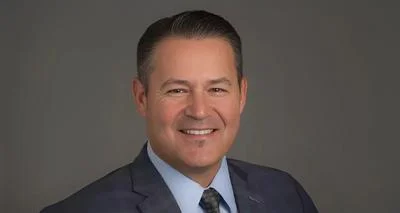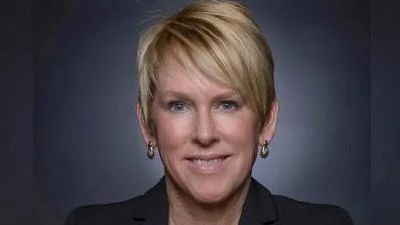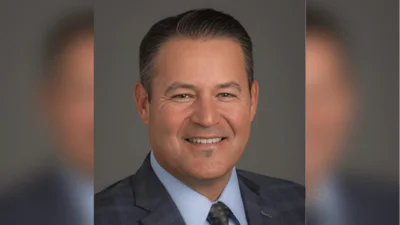David Armstrong, Wisconsin State Representative for 67th District | https://www.facebook.com/RepArmstrongWI/
David Armstrong, Wisconsin State Representative for 67th District | https://www.facebook.com/RepArmstrongWI/
According to the Wisconsin State Legislature's official website, the bill was described as follows: "exempting certain conveyances between grandparents and grandchildren from the real estate transfer fee. (FE)".
The following is our breakdown, based on the actual bill text, and may include interpretation to clarify its provisions.
In essence, this bill amends Wisconsin statutes to exempt real estate conveyances between grandparents and grandchildren from the real estate transfer fee when the transaction is conducted for nominal or no consideration. Under current law, most real estate transfers require the payer to submit a transfer return and pay a fee of 30 cents per $100 of the property's value. By altering the criteria in Section 77.25 (8), the bill aims to reduce the financial burden on families transferring property across generations. The act will first apply to qualifying conveyances filed on the date the bill becomes effective. This exemption could potentially be reviewed by the Joint Survey Committee on Tax Exemptions.
The bill was co-authored by Senator Eric Wimberger (Republican-2nd District), Representative Elijah R. Behnke (Republican-6th District), Representative Barbara Dittrich (Republican-99th District), Representative Daniel Knodl (Republican-24th District), and Representative Rob Kreibich (Republican-28th District). It was co-sponsored by Senator Howard L. Marklein (Republican-17th District) and Senator Cory Tomczyk (Republican-29th District), along with eight other co-sponsors.
David Armstrong has co-authored or authored another 24 bills since the beginning of the 2025 session, with none of them being enacted.
Armstrong, a Republican, was elected to the Wisconsin State Assembly in 2025 to represent the state's 67th Assembly district, replacing previous state representative Rob Summerfield.
In Wisconsin, the legislative process starts when a senator, constituent, group, or agency proposes an idea for a bill. After drafting, the bill is introduced, numbered, and referred to a committee for review and public input. If approved, it moves through three readings and votes in both the Senate and Assembly. Once both chambers pass the same version, the bill goes to the governor, who can sign it, veto it, or let it become law without a signature. Only a small share of bills introduced each session ultimately become law. You can learn more about the Wisconsin legislative process here.
| Bill Number | Date Introduced | Short Description |
|---|---|---|
| AB82 | 02/28/2025 | Exempting certain conveyances between grandparents and grandchildren from the real estate transfer fee. (FE) |
| AB70 | 02/24/2025 | A disclaimer of parental rights and payments allowed in connection with an adoption |
| AB64 | 02/24/2025 | An income tax subtraction for certain expenses paid by a school teacher. (FE) |
| AB63 | 02/24/2025 | Financing the operating costs and certain out-of-state projects of nonprofit institutions and compensation of employees of the Wisconsin Health and Educational Facilities Authority. (FE) |
| AB59 | 02/24/2025 | The use of federal capitalization grant funds for lead service line replacement. (FE) |
| AB53 | 02/24/2025 | Special circumstances battery to a community service officer and providing a penalty |
| AB41 | 02/17/2025 | Local regulation of vegetable gardens |
| AB35 | 02/17/2025 | Withdrawal of candidacy for certain offices filled at the general election and providing a penalty. (FE) |
| AB21 | 02/06/2025 | Technical colleges’ lease of their facilities to others. (FE) |
| AB12 | 02/06/2025 | State agency status for certain physician assistants and advanced practice nurses who provide services without compensation for local health departments or school districts. (FE) |





 Alerts Sign-up
Alerts Sign-up